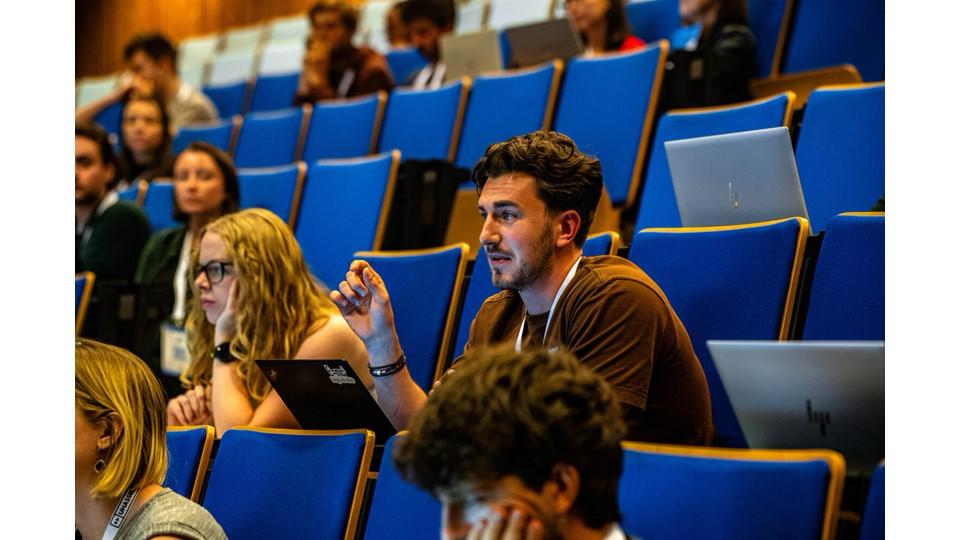Bayesian Spatio-temporal Modelling
MSc Course, Imperial College, School of Public Health, 2023
I have been helping organise and run the Bayesian Spatio-temporal modelling course at Imperial College, London, with Prof. Marta Blangiargo (course lead) and Dr. Monica Pirani. The course is run as part of Imperial College’s MSc in both Epidemiology and Health Data Analytics and has be rebranded a few times (i.e., Bayesian Reasoning and Methods for spatio-temporal data and Advance Analytics) with my main outcomes of the course being the same.
Course Outline
Spatial and spatio-temporal analysis represent an increasingly important tool in public health research as well as in geographic and environmental epidemiology due to the emerging availability of spatial/temporal health data and the development of novel computational techniques, allowing for the analysis of large database.
The module provides a comprehensive introduction to the concepts of Bayesian modelling and inference, and the statistical methods used in analysing spatial and spatio-temporal data. In the first part of the course, students will learn about the main theoretical concepts of the Bayesian approach to probability and inference, before moving on to statistical modelling and interpretation. Successively, they will acquire concepts, methodologies and practical skills to manipulate, effectively visualize and model spatially- and temporally-related data. At the end of this module, students will be able to handle with confidence spatial and/or temporal data, identify patterns of dependence and level of noise in the data, describe and quantify risk of diseases as well as critically interpret and discuss the results from their analyses.
Data analysis will be carried out using the statistical software R and model complexity will be handled within a Bayesian framework, while reproducible reporting will be ensured with R-Markdown.
The module will be delivered by lectures and live computer-based tutorials and practicals, along with quizzes/practical sessions, which will include real-life examples (from environmental science as well as chronic and infectious disease epidemiology), simulative examples and hands-on project.
Years
- 2023
- 2024
